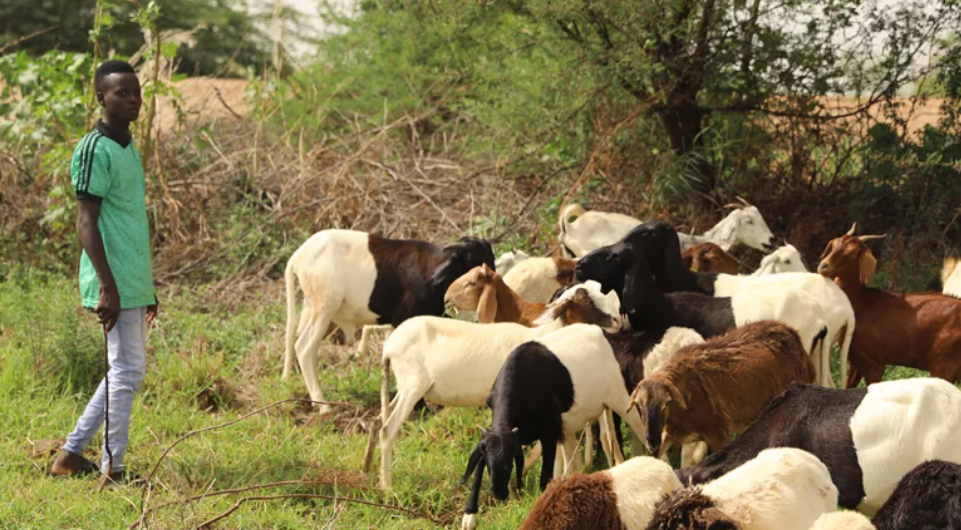Niger: Strong Agricultural Season Boosts Economic Rebound in 2022

Niger's economy recovered strongly in 2022 after two years of weak growth. This is primarily due to a good agricultural season, thanks to favorable rainfall and an expansion of irrigated land. However, there are uncertainties and risks that could affect future growth, such as the security situation and climatic shocks. These are the findings of the World Bank’s latest economic update for Niger published today.
The report titled "Strengthening Financial Resilience of Pastoralists to Drought" (french) provides an overview of Niger's economic situation and poverty levels in 2022 as well as the outlook for the next three years. The report also analyzes the potential of using disaster risk financing and insurance instruments for pastoralists to mitigate the adverse socio-economic impacts of climate shocks.
"Niger's economy depends to a large extent on the livestock sector, which contributes almost 15% of the national GDP. However, this sector is significantly affected by climate shocks," says Han Fraeters, World Bank Country Manager for Niger. "Disaster risk financing and insurance can play a crucial role in mitigating the adverse impacts of climate shocks on pastoralists, who constitute one of the poorest and most vulnerable populations. These communities face high levels of exposure to such shocks and encounter difficulties in managing and recovering from them."
The favorable agricultural season of 2022 contributed to the growth of the economy, leading to a 7.5% increase in average per capita income. This increase in income contributed to a decrease in the poverty rate by 6.4 percentage points during the period between 2021 and 2022, indicating a reduction in the number of people living in poverty. The rate is expected to decline further, reaching 45.2% by 2025.
The country's economic growth is expected to follow a positive trend in 2023 at 6.9%, and it is projected to nearly double to 12.5% in 2024. This growth is primarily driven by the government's goal of increasing oil production. The fiscal deficit is anticipated to decrease to 5.3% in 2023. However, meeting the West African Economic and Monetary Union’s (WAEMU) 3% deficit convergence criterion will require careful management of expected oil revenues, mobilization of non-oil revenues, and effective handling of expenditure pressures in the face of frequent shocks.
"It is urgent to improve the management of the oil sector and future oil revenues by adopting an oil revenue management strategy with a clear roadmap for operationalizing a stabilization fund. This fund should be based, among other things, on a reference oil price. Its purpose would be to protect the budget against oil price volatility and ensure that new resources are used efficiently to reduce poverty and strengthen long-term growth," said Blaise Ehowe Nguem, World Bank Country Economist for Niger and co-author of the report.
Niger is highly exposed to climatic shocks, as well as to the risk of a deterioration in the security situation. These factors could generate significant social discontent and lead to additional public expenditure, thereby jeopardizing the achievement of budget targets.
"The government of Niger has made significant efforts to implement reforms aimed at supporting sustainable growth," notes Paolo Di Lorenzo, World Bank Senior Economist and co-author of the report. "However, given the multiple uncertainties caused by various crises, including climate change, priorities need to be redefined and reinforced. These include better mobilization and management of public revenues to maximize opportunities for growth and social well-being, as well as building resilience to shocks."
-----------------------------------------------------------
This news release was originally published on World Bank News - Link here.